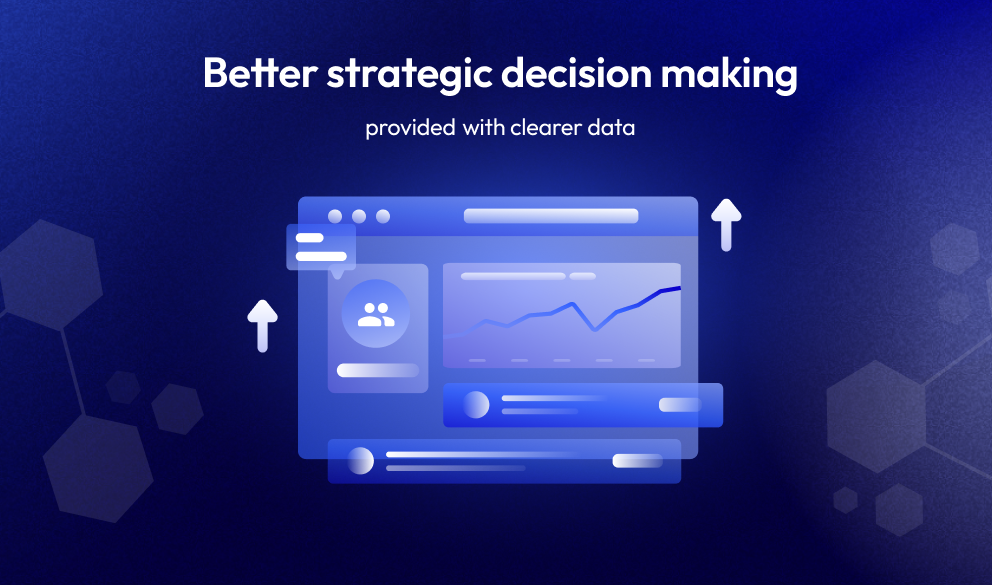Grant Overview
Understand how this grant can help you in your company’s digital transformation strategy
The Digital Acceleration Grant (DAG) scheme supports Singapore-based smaller financial institutions and FinTech firms to adopt digital solutions. This is done in order to help improve productivity, strengthen operational resilience, manage risks better, and serve customers better.
To be eligible for this grant, you should be Singapore-based FIs that are regulated by MAS (licensed or exempted from licensing), with not more than 200 staff. In addition, each project should have a minimum of 3 participating, eligible FIs.
If you are eligible, you could earn 70% co-funding of qualifying expenses, capped at $100,000 per participating entity, per project. The expenses include hardware and software, professional services, and manpower costs. Capped at 2 years from the implementation is the funding period.
The grant covers:
- Cloud services;
- Communication and collaboration tools;
- Compliance & KYC tools (including transaction monitoring tools);
- Customer relationship and engagement tools (including digital customer onboarding, excluding fees for web domains);
- Data-related services (including data warehousing, data automation, data analytics);
- Enterprise services (including HR and accounting systems, excluding email services and internet connectivity fees);
- Marketing productivity tools (including customer sensing tools, insights generation, excluding advertising and SEO expenses);
- Office productivity tools (excluding basic software for individual uses e.g., Microsoft Office, Windows Operating System, Google Suite);
- Project management, development and testing tools;
- Security-related solutions (excluding anti-virus software for individual laptop / desktop use, firewalls and switch ports, and VPN tokens); and
- Digital solutions / software to support alternative working arrangements, operational resilience and BCP.
Outcomes and Impacts
- Improved customer experience through digital channels
- Increased efficiency of operations through digitisation of processes









